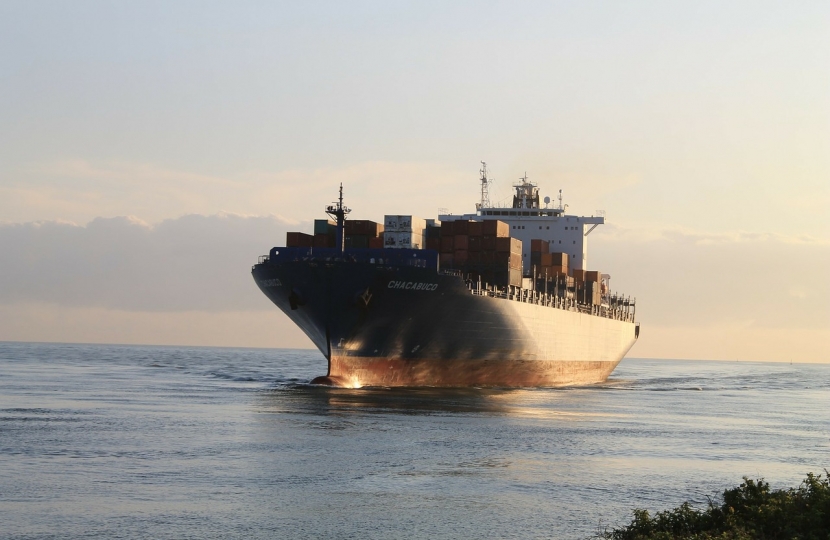
November 2018
The Government takes its defence export responsibilities extremely seriously and operates one of the most robust export control regimes in the world. All export licence applications, including those for Saudi Arabia are rigorously assessed on a case-by-case basis against the Consolidated EU and National Arms Export Licensing Criteria.
These strict criteria take account of all prevailing circumstances at the time of application and includes human rights and international humanitarian law considerations. The Government does not issue export licences where there is a clear risk that the goods might be used for internal repression, in the commission of a serious violation of international humanitarian law, or where the export would provoke or prolong conflict.
I am confident that by adhering to the Consolidated EU and National Arms Export Licensing Criteria, the Government will continue to ensure that UK arms exports Saudi Arabia are not used for internal repression, violating international humanitarian law, or for provoking or prolonging conflict.
The UK continues to work hard in order to achieve stability in the region. I believe it is important for the UK to engage with Saudi Arabia in order to encourage change. You may be interested to know during a visit to Saudi Arabia at the end of 2017, the Prime Minister made clear to the Crown Prince that the port of Hodeidah needed to be reopened for humanitarian and commercial supplies. Saudi Arabia then reopened the port, which shows the value and importance of engagement.
I welcome the work of the Committees on Arms Exports Controls - the Defence, Foreign Affairs, International Development, and International Trade Committees - in scrutinising strategic export controls. These Committees recently released a report on UK arms exports in which they stated that they "welcome the fact that the Government publishes a lot of licensing information".
